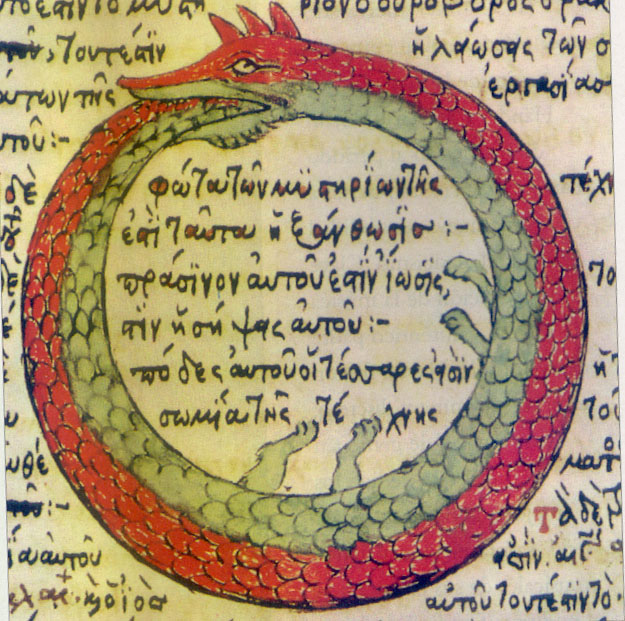Talk:Main Page
Kontakt
- Olaf Simons, olaf.simons@pierre-marteau.com, Büro +49-361-737-1722, Mobil: +49-179-5196880
- Wikimedia.de 49-30-219 15 826-0
- Uni Rechenzentrum Erfurt: Datenbankbetreuung: Tobias Weller tobias.weller@uni-erfurt.de, +49 361 737-5468
Project: Getting a richer data environment
- We have realised that editing individual statements is possible and still quite easy on a Wikibase installation - but everything but the ideal way to cope with the medium. The Wikidata community learns how to use the database and its quiery services as it is not working on an empty platform. There are already things there to search and to connect - and to add to.
- We need a plan how we could - with strategic wisdom - integrated larger amounts of data from
- Wikidata https://www.wikidata.org/
- The German GND http://www.dnb.de
- The English ESTC http://estc.bl.uk, blog post on developments,
- The German VD16 [1], VD17 [2], VD18 [3]
- The Dutch STCN [4]
- The project should be of interest to Wikidata as we would serve as a testcase and entry point of these data sets.
- We would need an idea ow to mine these databases systematically (We will not be interested in the entire GND or in running a Wikidata fork. We might should think of selective inputs (like all people with particular birth years...)
- We will need a tool to - automatically - hunt and merge double entries if we merge database information from these sources.
Project: The WikiBase Interface
See Needed thing #3: An attractive Wikibase-Interface for browsing and reading Wikibase information
Web Input Forms
Community building
Wir sollten Kontakt aufnehmen zu allen die eine Wikibase Installation laufen lassen:
Starthilfen
- Benutzerhandbuch
- Liste der Konfigurationsvariablen
- MediaWiki-FAQ
- Mailingliste neuer MediaWiki-Versionen
- Übersetze MediaWiki für deine Sprache
- Erfahre, wie du Spam auf deinem Wiki bekämpfen kannst
PhiloBiblon
I would like to introduce PhiloBiblon, a new FactGrid project, and seek your advice on first steps.
PhiloBiblon is a database of the romance vernacular sources of medieval and early modern Iberian culture: the primary sources themselves, both MS and printed, the texts they contain, the individuals involved with the production and transmission of those sources and texts, the libraries holding them, along with relevant secondary references and authority files for persons, places, and institutions.
PhiloBiblon consists of four separate bibliographies, with a cumulative total of ~415,000 records. Each of these has its own Home Page on the current PhiloBiblon website at UC Berkeley: https://bancroft.berkeley.edu/philobiblon/
1. BETA / Bibliografía Española de Textos Antiguos: Medieval texts in Spanish. (https://bancroft.berkeley.edu/philobiblon/beta_en.html) FactGrid Item:Q254471
2. BIPA / Bibliografía de la Poesía Áurea: Golden Age Poetry (16th-17th c.) in Spanish: https://bancroft.berkeley.edu/philobiblon/bipa_en.html
3. BITAGAP / Bibliografia de Textos Antigos Galegos e Portugueses: Medieval texts in Galician, Galician-Portuguese, and Portuguese: https://bancroft.berkeley.edu/philobiblon/bitagap_en.html
4. BITECA / Bibliografia de Textos Antics Catalans, Valencians i Balears: Medieval texts in Catalan: https://bancroft.berkeley.edu/philobiblon/biteca_en.html
PhiloBiblon currently runs on a relational DBMS under Windows with tables for ten entities: (1) Persons, (2) Institutions, (3) Libraries, (4) Toponyms, (5) Primary sources [MSS and early prints], (6) Copies [additional copies of early prints], (7) Texts, (8) Witnesses [a copy of a text in a given primary source], (9) Subject headings, (10) Secondary sources.
We have a detailed data dictionary for each table.
My first question: What general advice would you give me about using FactGrid?
My second question: What’s the most efficient way to create FactGrid data models for these ten entities?
I know that FactGrid has existing data models for most if not all of these entities, but a preliminary look suggests that in some cases they will need to be extended to accommodate PhiloBiblon data.
Olaf has suggested that we start with toponyms, libraries, and institutions so that the FactGrid Q# will be available for the creation of other entities. --Charles Faulhaber (talk) 22:00, 24 May 2021 (CEST)
- In the German Wikisource the experienced Users recommended for Newby's a look at "Pope Joan" on questions like yours... And indeed, the German Wikisource article https://de.wikisource.org/wiki/P%C3%A4pstin_Johanna has answers to nearly every question that might arise in their project. So simply get started, search for or/and create your own suitable Pope Joan.--Martin Gollasch (talk) 22:26, 24 May 2021 (CEST)
